The brazen serpents in our lives
Written by H, Posted in Christian Living, Published Work

What comes to mind when you think of idols?
The first thing that comes to my mind is Exodus 32, where Aaron collects the golden earrings from the children of Israel and makes a golden calf for the children of Israel to worship.
Idols are mentioned many times throughout the Old Testament, and idolatry was such a problem that God included specific direction about it in the ten commandments when He said, “Thou shalt have no other gods before me. Thou shalt not make unto thee any graven image, or any likeness of any thing that is in heaven above, or that is in the earth beneath, or that is in the water under the earth. Thou shalt not bow down thyself to them, nor serve them:” (Exodus 20:3-5).
In the books of Kings and Chronicles, we read that certain kings “removed the high places”, “brake down the images”, and “cut down the groves” (2 Kings 18, 2 Chronicles 14). One king in particular, Hezekiah, even went so far as to “brake in pieces the brazen serpent that Moses had made:” (2 Kings 18:4). Upon a quick read-through, we may pass over this piece of information, but it is very important.
Wasn’t the brazen serpent a good thing?
Sure, we understand why Hezekiah would remove the high places, brake down the images, and cut down the groves: Because he was trying to eliminate worship of false idols in order to direct his people to worship the one true God.
So why would Hezekiah go so far as to “brake in pieces the brazen serpent that Moses had made”? After all, wasn’t the brazen serpent a good thing?
In Numbers 21, after the children of Israel were plagued by fiery serpents, the Lord instructed Moses to make a brass serpent and put it on a pole, so if anyone had been bitten by a snake, all they had to do was look at or think about the brass serpent, and they’d be healed (Numbers 21:6-9).
The brazen serpent was a symbol of salvation, a literal cure for poisonous snake bites, so why would Hezekiah want to destroy it?
The answer is quite simple: The children of Israel had taken something good, something symbolic of salvation, and made an idol out of it. God gives pretty specific instructions when it comes to idolatry. Any thing that takes the place of God in our lives is wrong.
Perhaps we think we don’t have any idols in our lives, and that right there—pride—is an idol in itself!
Hope Reflected
What are the brazen serpents in our lives?
What are the brazen serpents in our lives? Perhaps we think we don’t have any idols in our lives, and that right there—pride—is an idol in itself!
In his letter to the Christians at Colosse, Paul wrote that we should have nothing to do with desires that direct our minds away from what’s right (love of money and self-centeredness are two things that come to mind) (Colossians 3:5).
We have all been guilty at one time or another of making an idol of pride out of our piety. Even good things can become idols if we let them take the place of God.

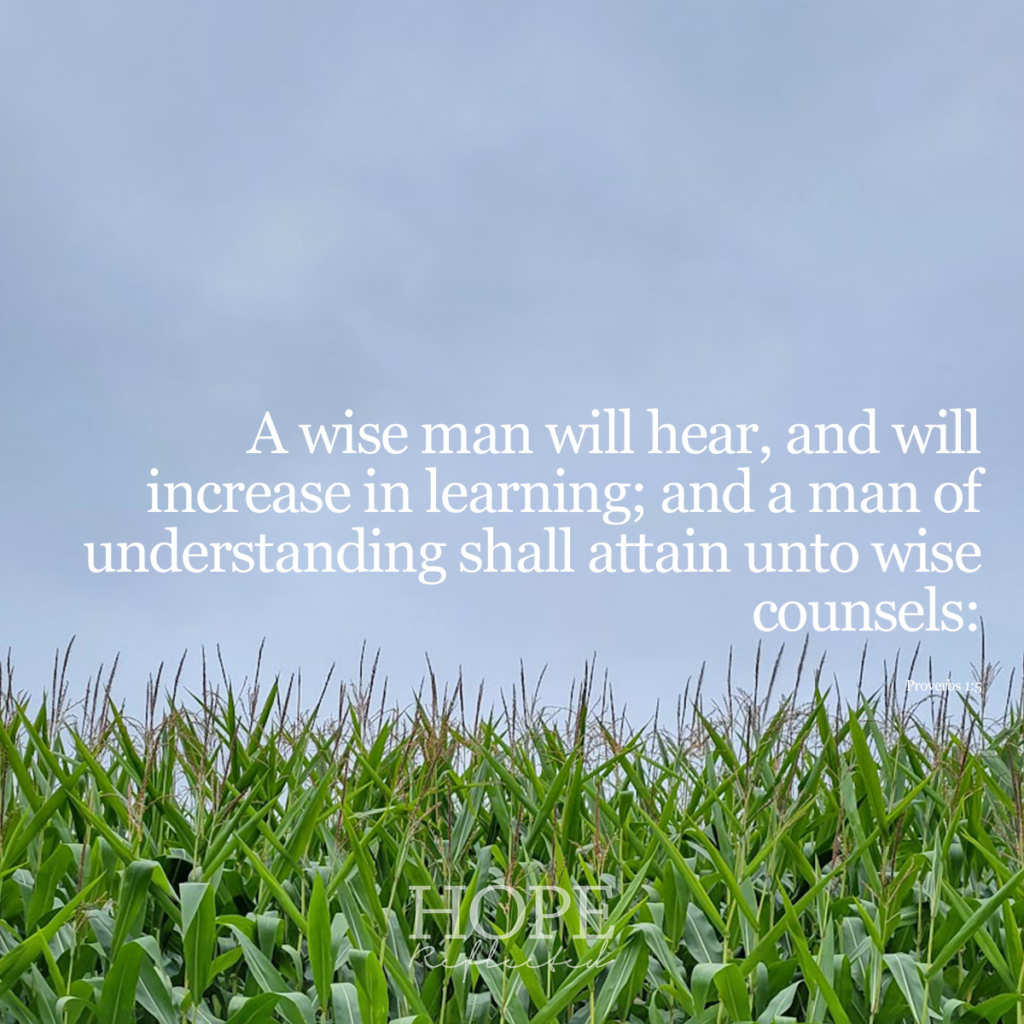
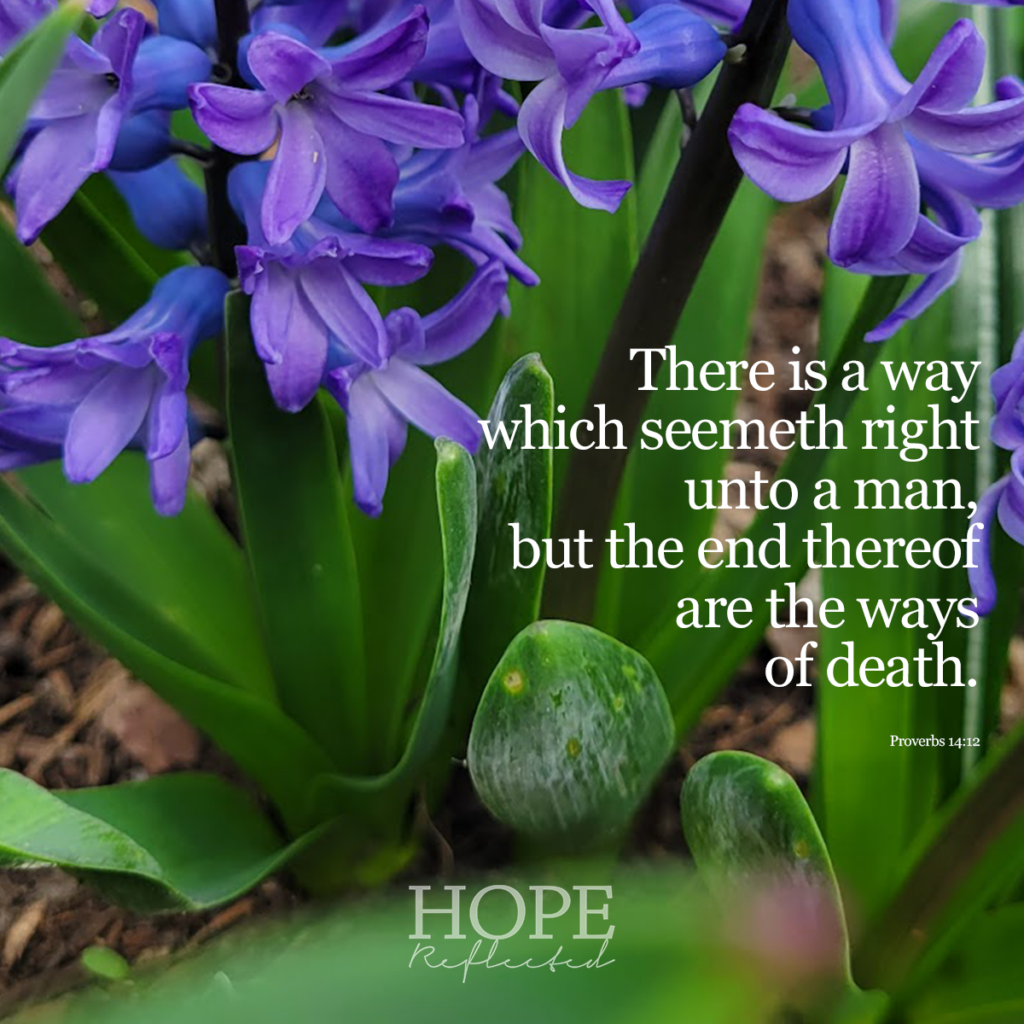
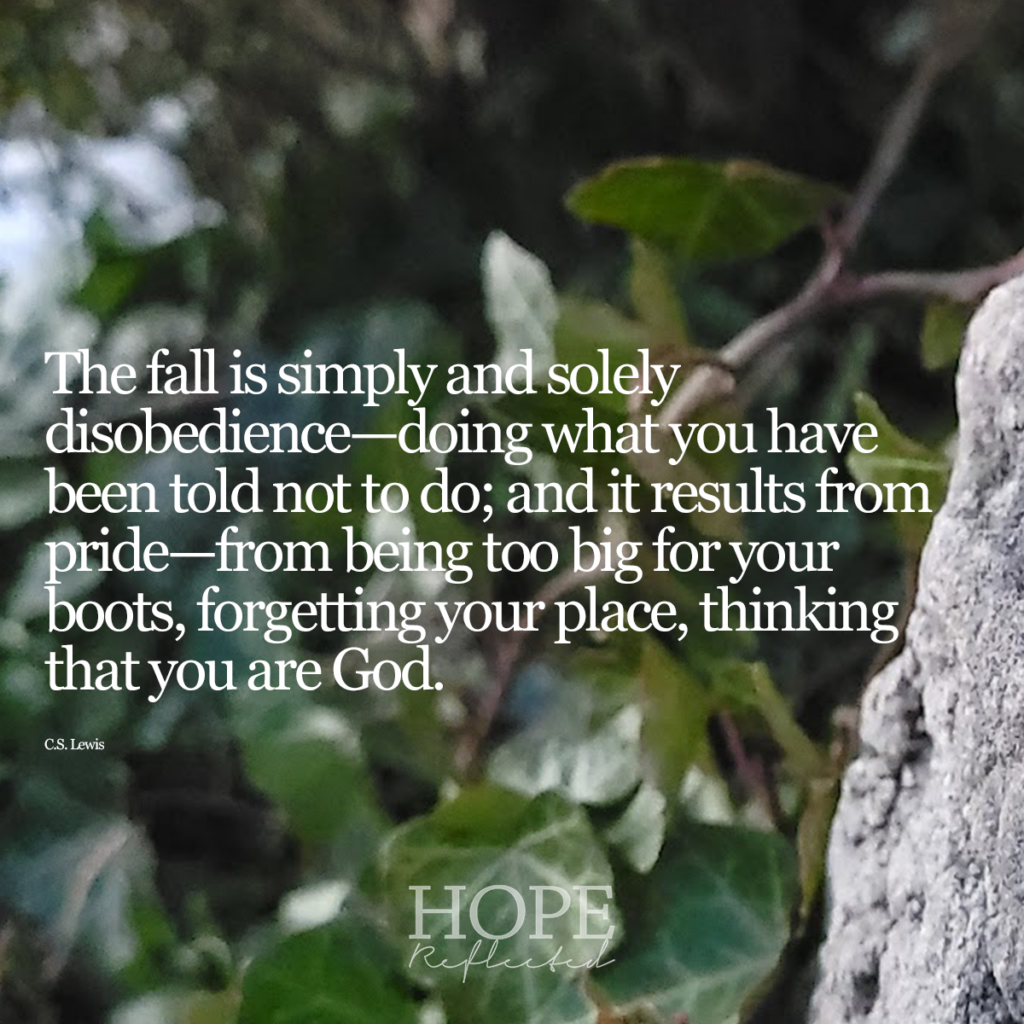
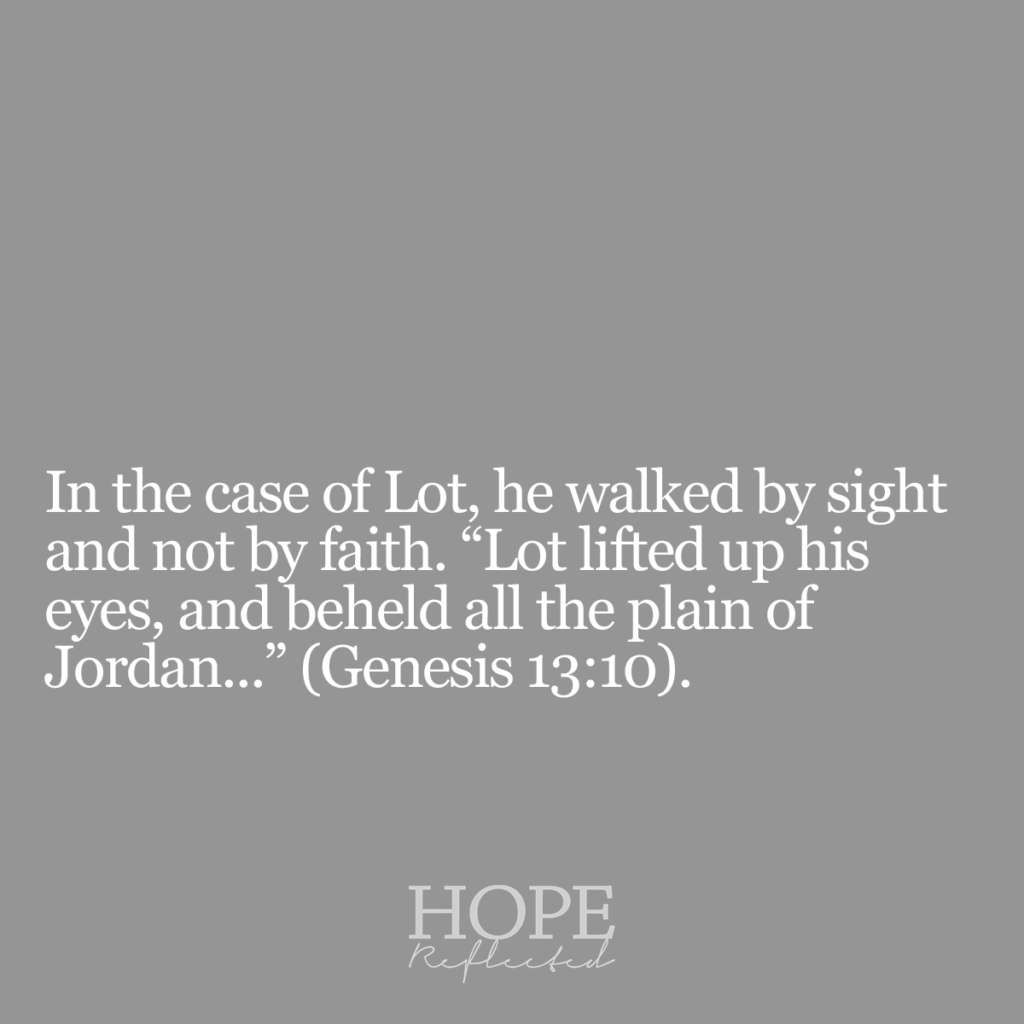
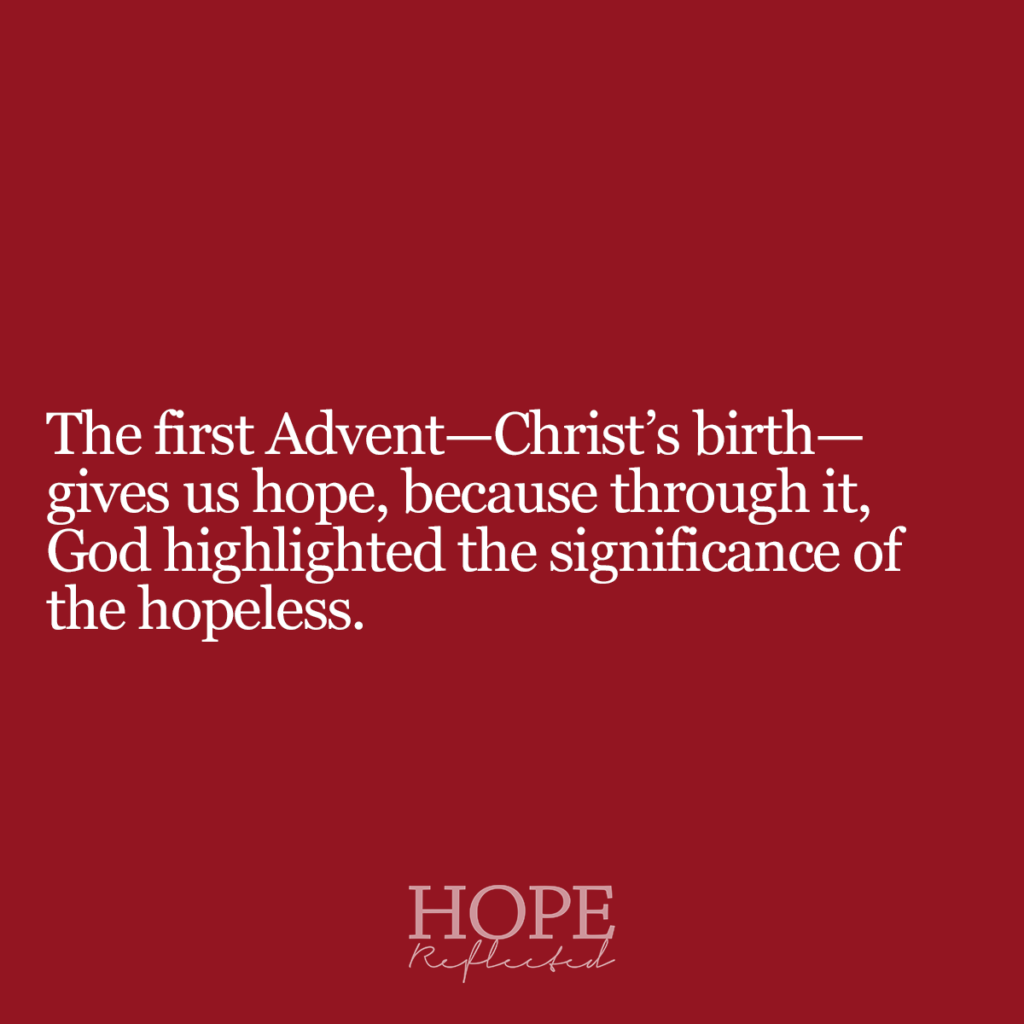
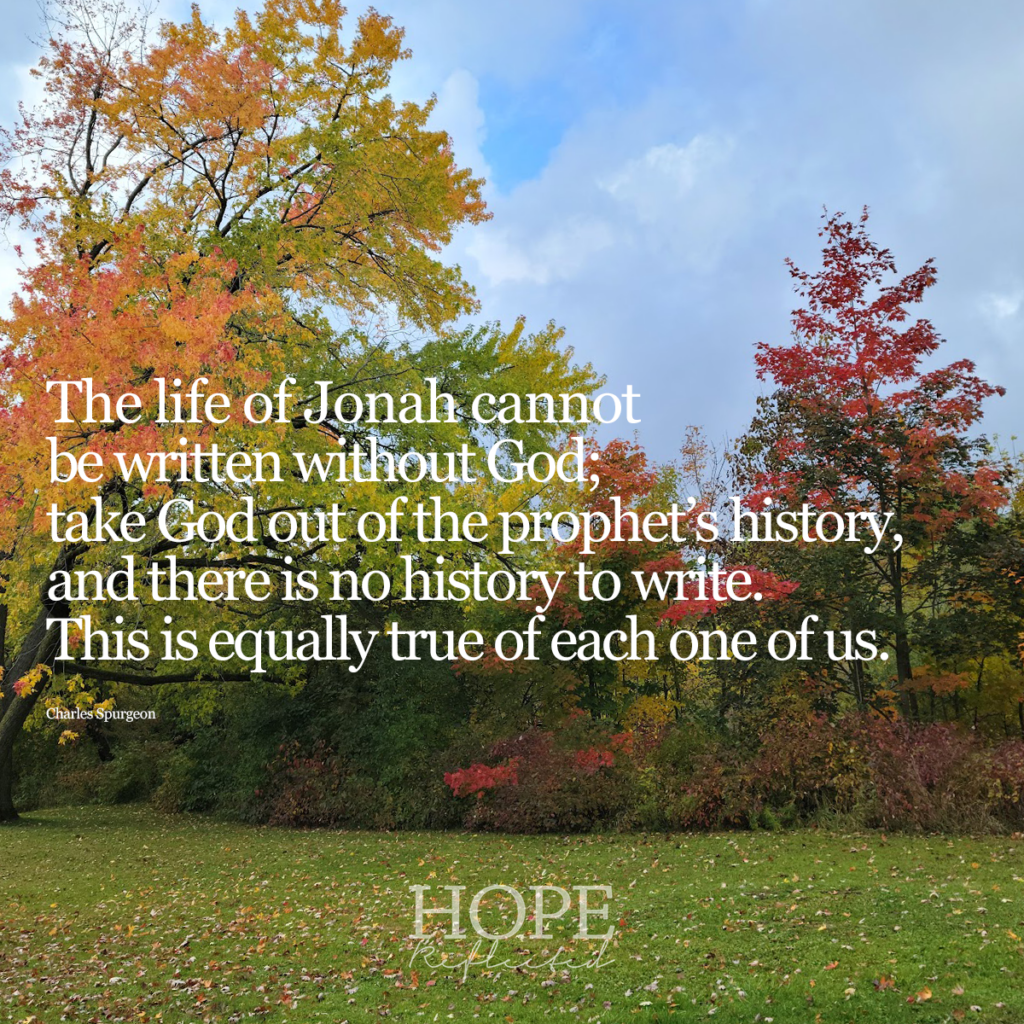

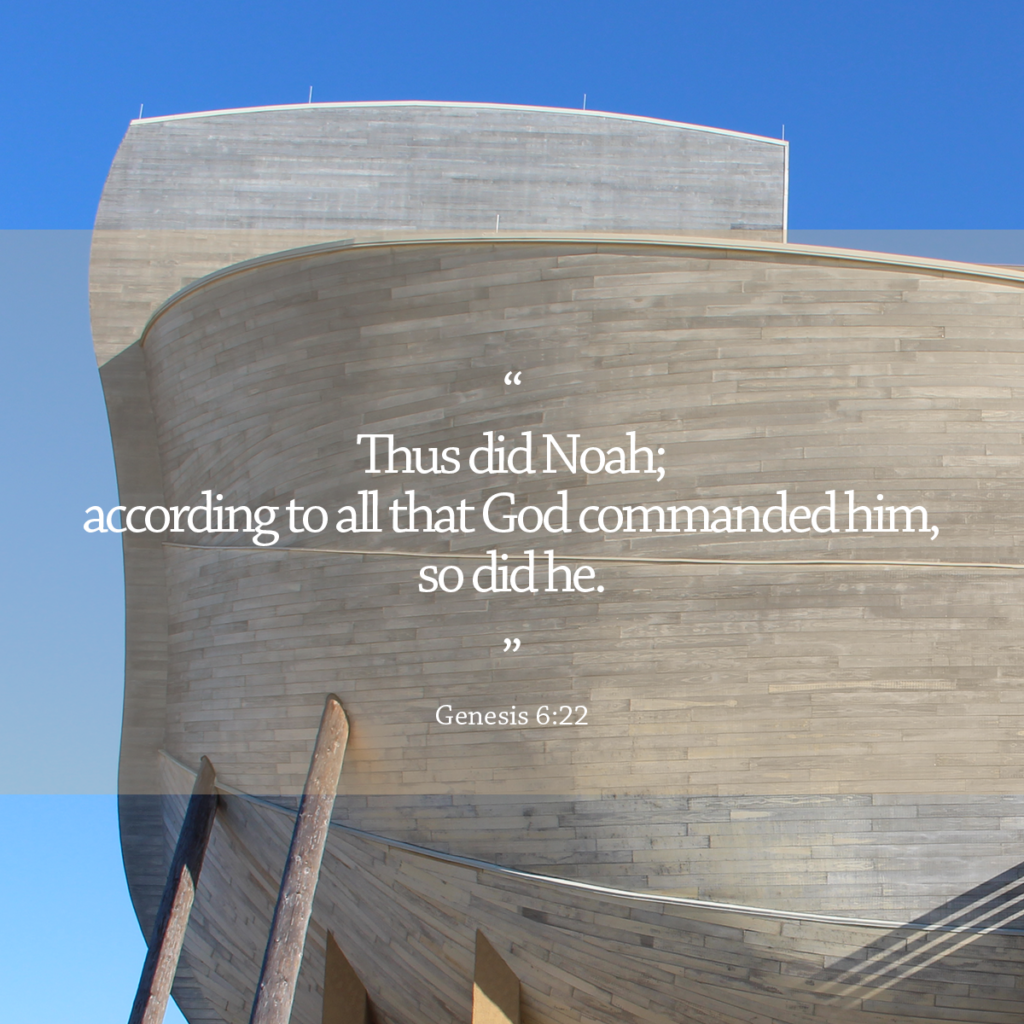
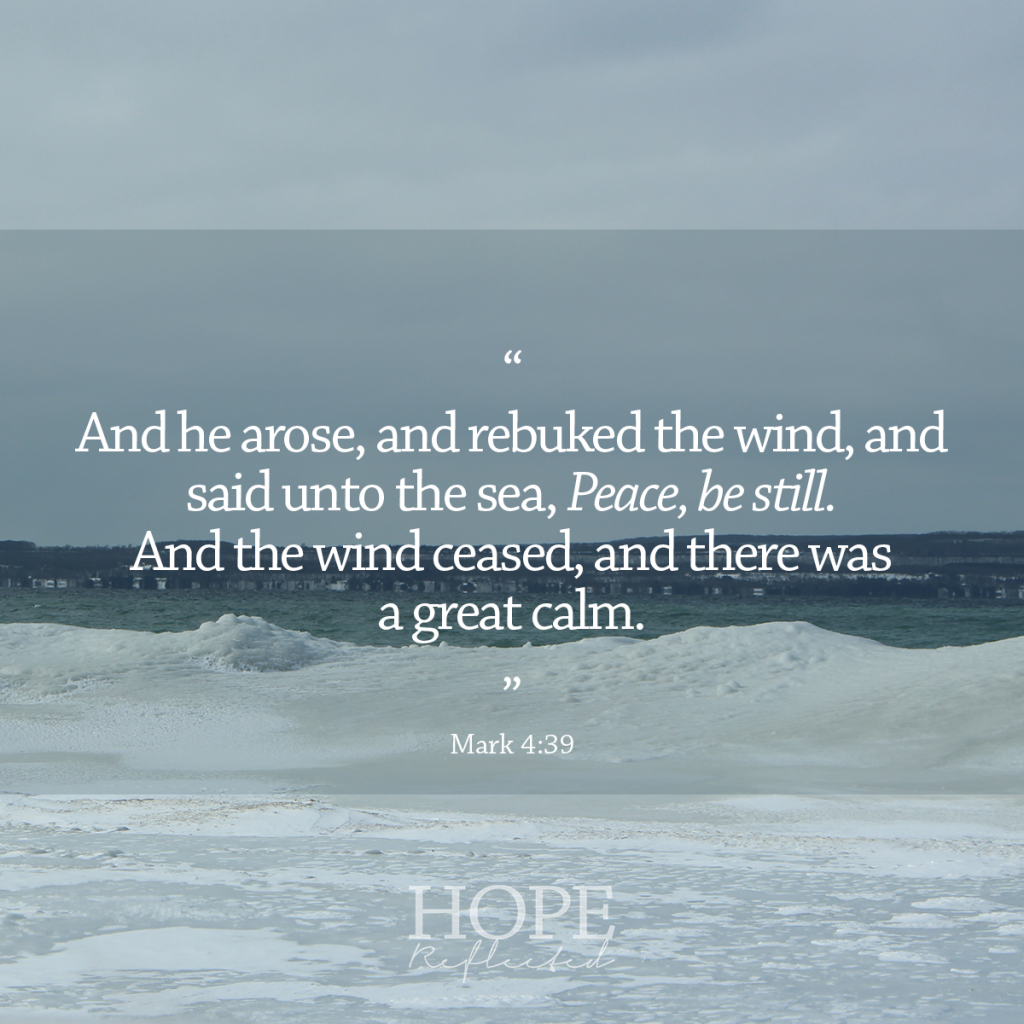

![False friends or counterfeit kindness; whatever you want to call it, the world is filled with people who will say one thing to your face and then another behind your back; people who will woo you in order to get something from you.
It’s sad, but it’s true.
The Bible provides us with examples from Joab to Judas, and yet, we’re surprised when we find ourselves deceived and hurt by someone else.
So what are some of the hallmarks of a true friend?
You can read more about this on hopereflected.com [Link in profile]
.
.
.
#friends #friendship #kindness #counterfeitkindness #hurt #proverbs #truefriends #hopereflected #blog #blogpost](https://www.hopereflected.com/wp-content/plugins/instagram-feed/img/placeholder.png)